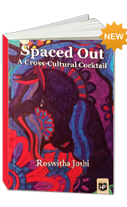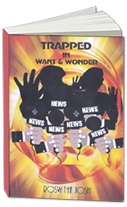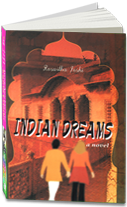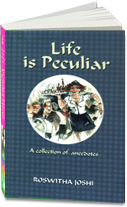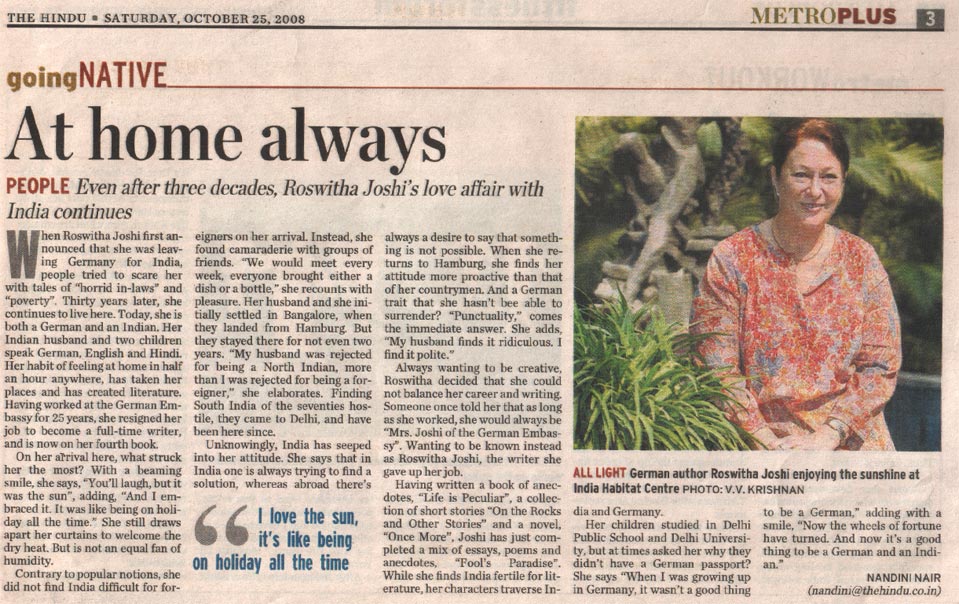Meet the Author
Biography
Roswitha Joshi
I was born in Hamburg/Germany soon after World War II had ended.
My father was a highly decorated army officer, who was severely wounded in the war, and that in many a way. After about two years in British captivity, he worked his way up from night watchman to owner of an export-import company. It was he, who encouraged me to express my thoughts and feelings through writing or painting. Furthermore, he made it a point to engage me in discussions about controversial topics, and there were indeed many in post-war and post-national-socialist Germany. During our heated discussions he emphasized that I should lead life according to what I thought was right and not blindly follow what others did or wanted me to do. Maybe it was his way of expressing his regret over the deplorable happenings of the past.
Yet, when I made my first major step into unconventional terrain and disclosed that I intended to marry an Indian who was doing his doctorate in economics at Hamburg University, he bashed me up, a deed for which he intermittently apologized until the end of his life. He also complimented me on my ability to resist pressure - in this case his own - and indirectly complimented himself by calling me a "chip of the old block".
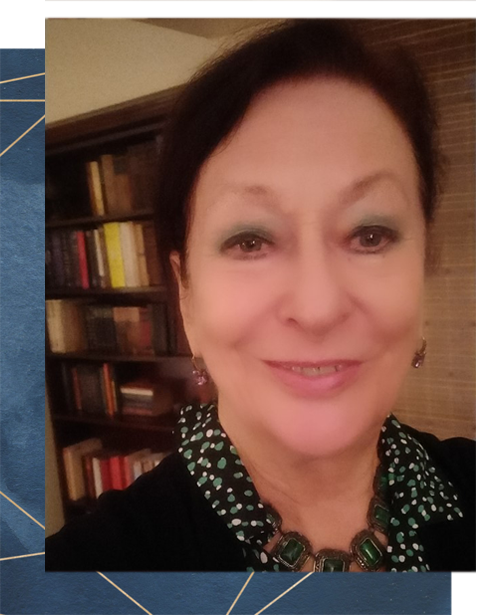

My mother had, after her marriage to my father and in tune with the times, given up all professional and artistic ambitions in favor of a life as fulltime mother and homemaker, and tried her best to prevent my sister and me from major escapades too. Thus, after I had graduated from a prestigious girls’ school in Hamburg with emphasis on Latin and Greek, she insisted that I immediately enroll myself in a one-year course for graduates to acquire a multi-lingual-executive-assistant diploma from a State Academy in Hamburg. I grudgingly agreed. After all, this delayed my entry into university life. She, however, wanted to make sure that I acquired the professional tools to earn my own money if I so desired or need arose. Many years later, she told me - a bit enviously - that women like me could face men differently from women like her, because they were economically independent.
Diploma in pocket, I then proceeded to do what I wanted to do all along and studied political science, history and sociology at the Universities of Hamburg and Frankfurt. This delighted my husband who was keen to have a wife of equal educational standard. However, in 1970 my academic life ended when my husband received an offer for a job in India that we found irresistible. It led us from Bangalore to Delhi, where our daughter and son were born in quick succession.
Mainly due to my bilingualism, I had no dearth of job offers. In 1975, I joined the German Embassy in New Delhi and served there until 1990 in almost all departments. Since my status as ‘locally recruited employee’ proved, however, to be an insurmountable obstacle to professional growth, I decided to build up an alternative career as translator and journalist.
To hone my linguistic skills and increase my self-confidence, I enrolled myself as an external student at an academy in Hamburg and acquired in 1989 a translation diploma for English. Subsequently, I translated numerous research papers and lectures on political, economic and environmental issues for the Friedrich Ebert Foundation and Friedrich Naumann Foundation as well as a travel guide on the Himalayas for an Indian publishing house.
Heavily encouraged by friends and well-wishers, I then proceeded to write articles of my own. They were mainly based on incidents, observations and the associations they triggered off in me. The results were colorful travelogues, essays on controversial topics, humorous anecdotes and poems. To my utter surprise and delight, almost all leading Indian newspapers and magazines printed my stories. Several editors told me that they were of special interest as I wrote from a different perspective, namely a German one.
I also contributed to ‘German News’, the monthly magazine of the German Embassy. My essay on Heinrich Heine, published in 1997 at the occasion of his 200th birthday, can be read on several websites.
In 1999 I, finally, took the plunge and resigned from the German Embassy to become a fulltime writer. This resulted in the following books:
© Roswitha Joshi. All rights reserved. Contents of this site including text and media may not be reproduced without prior written consent.
Designed with by Vdezine.

